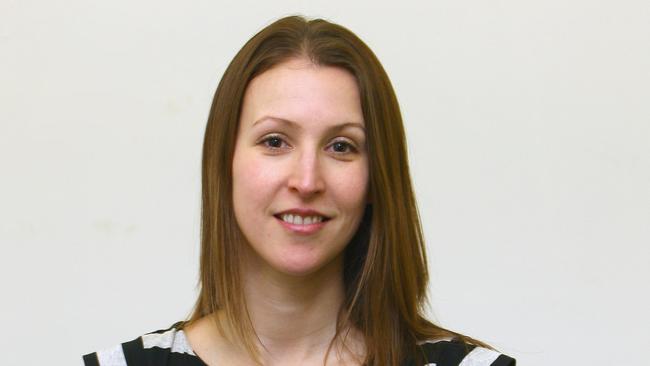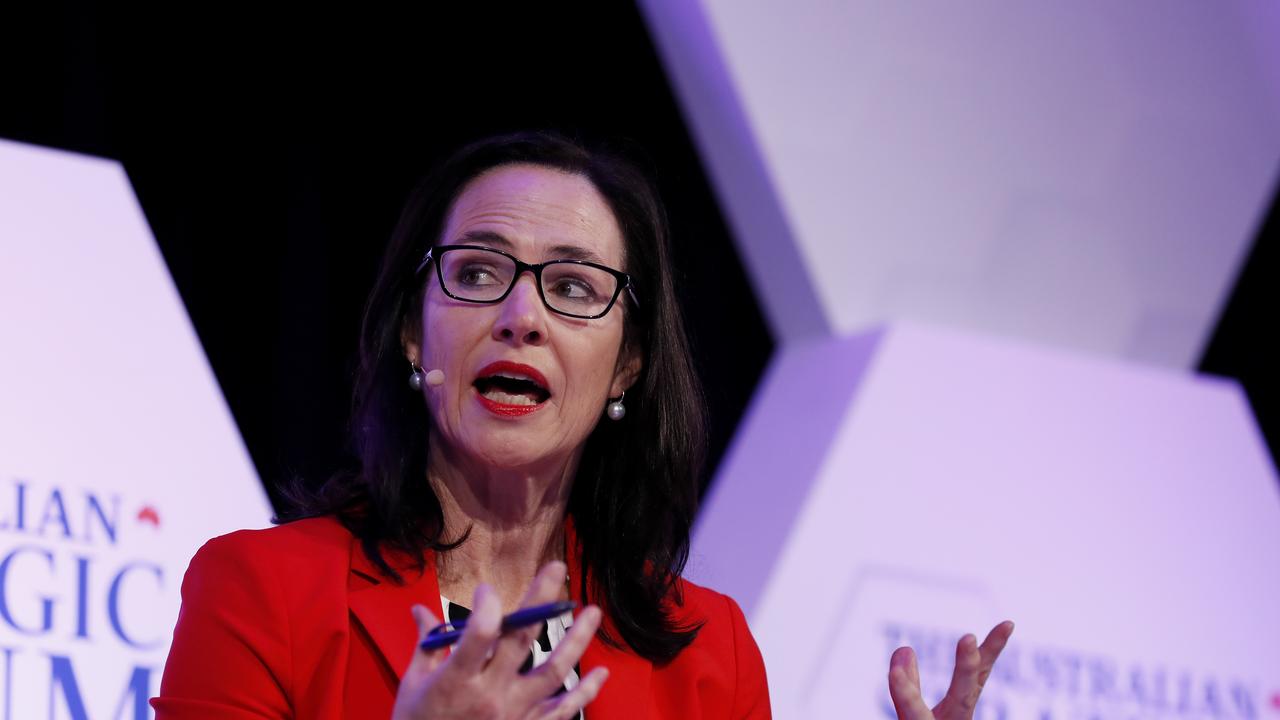University of Tasmania management culture condemned as ‘disappeared’ staff speak out
They are ‘the disappeared’: University of Tasmania staff who have silently left their posts, allegedly forced out by bullying or dysfunctional management, some required to sign gag agreements.

They are “the disappeared”: University of Tasmania staff who have silently left their posts, allegedly forced out by bullying or bad management, some required to sign gag agreements.
Some will tell their stories to a looming state parliamentary inquiry, amid talk of a class action and push by academics and lawyers for a broader investigation.
They claim UTAS – embroiled in controversies over relocation of its Hobart campus, low confidence in senior management and demands for governance reform – has a “horrendous” management culture.
The Weekend Australian is aware of nine staff who believe they were unfairly treated or “forced out”, but who have signed gag clauses or wish to “move on” in new jobs. Four have gone on the record. They include lauded law lecturer Martin Clark. In a submission to the Legislative Council inquiry, Dr Clark claims he and other fixed-term law lecturers were in late 2021 not granted interviews for permanent positions.
Dr Clark said these positions were offered to external applicants, several of whom had “a previous employment relationship” with a UTAS manager. “In some instances these applications did not meet the basic selection criteria such as having completed a PhD or having a track record of research outputs,” said Dr Clark, who has since taken a post at La Trobe Law School.
He believed he was forced out either for his vocal advocacy on staff issues or because of a policy to “clear out” the faculty.
Chemistry associate professor Alireza Ariafard moved his family from Iran to Hobart in 2016 after being offered a job at UTAS, only to have his contract this year cut short for budgetary reasons just when he hoped to be granted permanency.
“The attitude of UTAS toward me was even worse than of institutes in Iran, a country that is frequently criticised for not adhering to democratic principles,” Dr Ariafard said. “University administrators … do not comprehend the significance of a researcher’s output.”
He was unsure how he would support his disabled daughter, who, with his wife, had returned to Iran to save money. “I have no hope,” he said.
Prominent marine scientist Jennifer Lavers said she recently quit UTAS’ Institute for Marine and Antarctic Studies after “bullying”. “(This) included unnecessary and hurtful statements that suggested I should feel guilty or remorseful for taking medical leave,” Dr Lavers said. Some of these statements were made by a manager in an email sent to colleagues, one of whom responded by admonishing the manager for “blaming” Dr Lavers for being ill.
Varun Nadesh, a student who until recently worked for UTAS’ student accommodation, said he was effectively forced to quit the job after a “traumatic, unfair” complaints process.
For two months this year, he was suspended on full pay and told only that the complaint related to alleged “inappropriate conduct”.
When finally given the allegations from a fellow student, they appeared “petty”. He said the most substantive – that he repeatedly hugged her as a greeting – ignored the fact they had enjoyed a close friendship and that she had never told him she did not like being greeted that way.
Despite apologising and promising to distance himself from resident students, he said UTAS’ Safe and Fair Community Unit told him it intended to uphold the complaint and he could resign or face a dismissal recommendation. “After three months I was just burnt out and gave my resignation,” he said.
UTAS chief people officer Kristen Derbyshire would not comment on “the specific circumstances of people’s exits”.
“We are a large organisation and, while rare, complex matters involving safety, performance or behaviour will sometimes need our attention and careful management,” she said.
All bullying allegations were taken seriously and key recent initiatives had been adopted to improve workplace culture and responses to allegations, she said.
“Importantly, we have made difficult yet appropriate decisions to separate people from our institution who have demonstrated behaviours which do not align with our values, and are inconsistent with our desire to create a safe working environment,” she said.
Non-disparagement clauses were “widely used throughout Australia” but only by UTAS “in the most rare and complex of cases”. Lawyer Greg Barns, who has had UTAS staff as clients, called for a work safety or broader inquiry. He said overuse of “extraordinarily broad gag clauses” reflected “a compliance culture antithetical to freedom of speech and full transparency”.
“The internal discipline system is quite capricious and it can have enormous and devastating implications for individuals caught up in it,” Mr Barns said. “It doesn’t seem to afford procedural fairness.”
Former UTAS history professor and campus relocation critic, Pam Sharpe, called for a “shake up”. “It’s abominable that UTAS attracts world class teachers and researchers then treats them at worst callously, at best with indifference,” she said.




To join the conversation, please log in. Don't have an account? Register
Join the conversation, you are commenting as Logout